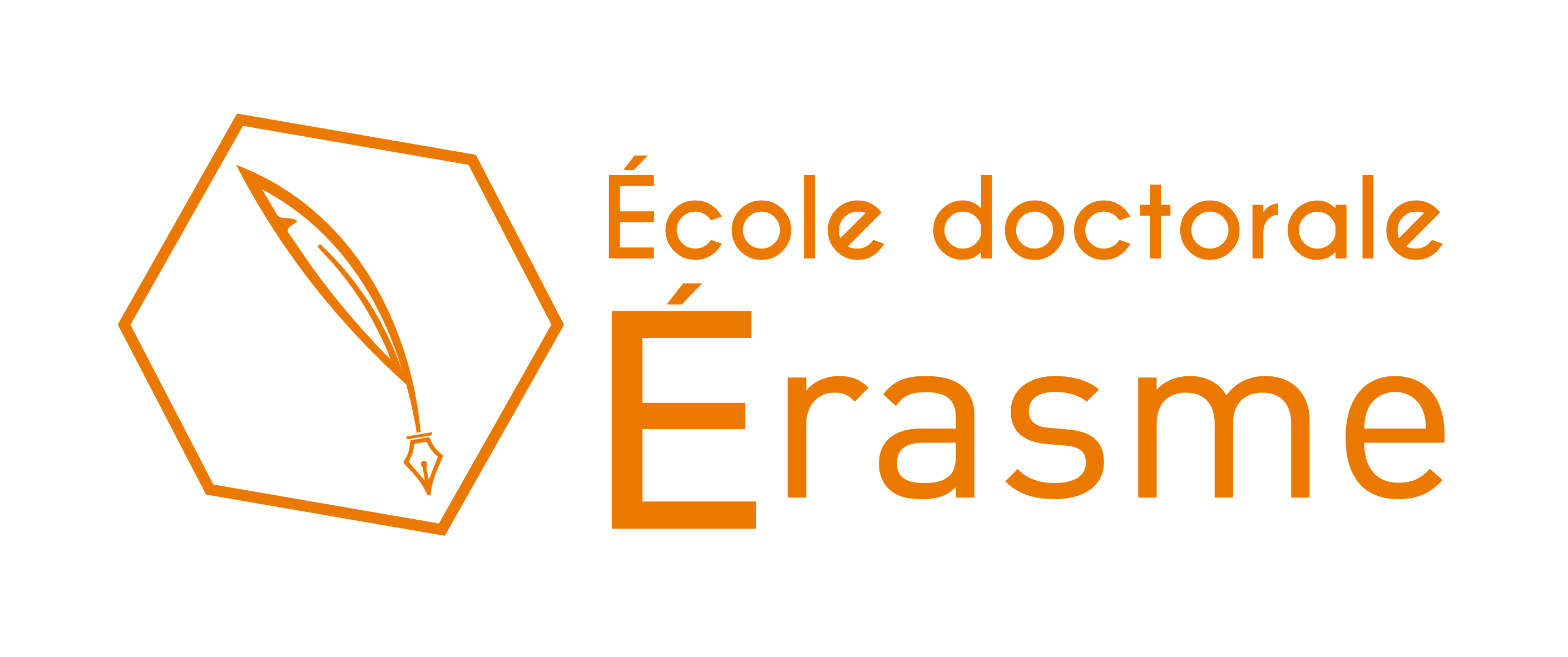
Discipline : Santé publique – Sciences infirmières
Laboratoire : LEPS
Directrice de thèse : Aurore MARGAT
Principes et caractéristiques psycho-pédagogiques de l’Éducation Thérapeutique du Patient en Soins Palliatifs : pertinence, acceptabilité et faisabilité d’un programme d’ETP à destination des patients en soins palliatifs.
En 2020, 86% des patients n’avaient pas accès aux soins palliatifs dans le monde. Les soins palliatifs visent à soulager les souffrances du patient et de son entourage, en proposant un accompagnement holistique. Dans ce contexte, les besoins éducatifs des patients deviennent essentiels pour leur permettre de comprendre leur situation et appréhender les défis physiques, émotionnels et spirituels qu’imposent les soins palliatifs. L’éducation thérapeutique du patient (ETP) pourrait être une des réponses éducatives, bien que peu de traces existent actuellement. Dans ce contexte, il s’agit d’interroger comment les programmes d’ETP peuvent-ils être adaptés aux besoins spécifiques des patients en soins palliatifs, et quelle est la perception de leur acceptabilité et faisabilité par les patients, les familles et les professionnels de santé, en particulier les infirmières ? L’objectif principal sera d’identifier les caractéristiques psychopédagogiques de l’apprentissage des patients en soins palliatifs correspondant à leurs besoins et préférences pour adapter un programme d’ETP en soins palliatifs. Cet objectif répond au principe de pertinence. Les objectifs secondaires viseront à évaluer l’acceptabilité et la faisabilité du programme d’ETP en intégrant le rôle spécifique des infirmiers. L’approche conceptuelle de Sidani et Braden, et le modèle “Knowledge-To-Action” guideront cette recherche dans une démarche itérative et cumulative.
Psycho-pedagogical principles and characteristics of Therapeutic Education for Patients in palliative care: relevance, acceptability and feasibility of an TEP program for palliative care patients.
In 2020, 86% of patients worldwide don’t have access to palliative care. Palliative care aims to relieve the suffering of patients and those around them by offering holistic support. In this context, theeducational needs of patients become essential to enable them to understand their situation and the physical, emotional and spiritual challenges imposed by palliative care. Therapeutic patient education (TPE) could be one of the educational responses, although few programme of it currently exists. In this context, the question is how can TEP programmes be adapted to the specific needs of palliative care patients, and what is the perception of their acceptability and feasibility by patients, caregivers and healthcare professionals, more specifically nurses ? The main aim will be to identify the psycho-pedagogical characteristics of palliative care patients learning that correspond to their needs and preferences in order to adapt a Patient Therapeutic Education program in palliative care. This objective corresponds to the principle of relevance. The secondary objective will be to assess the acceptability and feasibility of the TEP program, taking into account the specific role of nurses. Sidani and Braden’s conceptual approach and the Knowledge-To-Action model will guide this research in an iterative and cumulative process.


